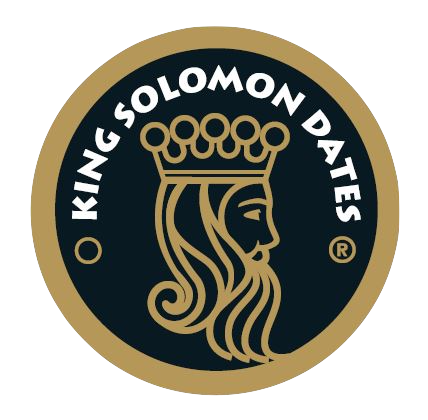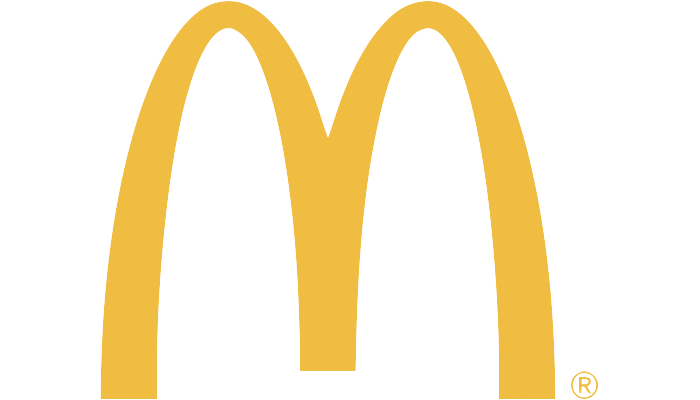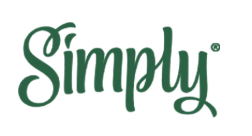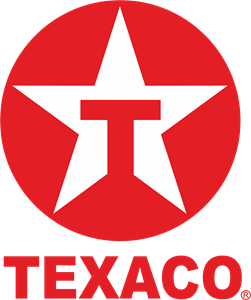How to boycott
As of 1/1/2025, our boycott targets have changed to align with updates made by the global BDS Movement.
You may feel compelled to boycott all products and companies tied in any way to Israel. There are many lists circulated on social media with hundreds of brands and companies, but these tend to be overwhelming, and prevent boycotts from being effective.
How do we make sure our actions have an impact? By strategically focusing on a small number of carefully selected companies and products. We need to target companies that play a clear and direct role in Israel’s crimes and where there is real potential for winning.
As a result of recent wins shared here by the BDS movement, new priority pressure targets have been selected: Dell, Intel, Reebok, Disney+, Wix, and Coca-Cola (including its sub brands like Topo-Chico, Simply, Vitamin Water)
How do I get started?
Every single one of us can have impact and it starts with our individual consumer habits, as well as the influence we may have on businesses around us.
Read more on how targeted boycotts work.
Review our boycott targets below.
Sign the customer pledge to join the campaign, and stay up to date on actions and events.
If you own a business in the Austin area, join us as an Apartheid-Free business.
Boycott targets
Food products
Sadaf sources 70% of its goods from Israeli settlements, ranging from canned goods and spices to herbs and grains. These items are labeled as coming from Israel, Palestine, or sometimes other countries. Sadaf is a customer of Israel Discount Bank-New York (IDB-NY), which has an office for businesses with needs in Israel including offshore money management.
Hadiklaim, Jordan River, King Solomon, Medrahin, and Carmel are some of the biggest Israeli date companies, but all dates with “Product of Israel” on the packaging should be avoided.
At least 40 percent of Israeli dates are grown on illegal settlements, often grown using exploited Palestinian labor. The Israeli date industry is water intensive, diverting water away from Palestinian villages and contributing to water shortages for Palestinians.
McDonald’s, Burger King, Papa John’s, and Pizza Hut, or their branches or franchisees in Israel, have openly supported apartheid Israel and/or provided generous in-kind donations to the Israeli military amid the current genocide.
Coca-Cola operates a distribution center and cooling houses in the illegal settlement of Atarot. Its subsidiary, Tabor Winery, produces wine from grapes sourced from occupied vineyards in West Bank and Syrian Golan. All Coca-Cola subsidiaries are included in this boycott.
Gas stations
Chevron is the main corporation extracting gas claimed by apartheid Israel in the East Mediterranean, depriving Palestinian people sovereignty over their natural resources. Chevron has over 30 gas stations in Austin under the Chevron and Texaco brand names.
Technology companies
Dell Technologies provides technilogical equipment and services to the Israeli military as part of a $150 million 2023 contract funded by US foreign aid. Dell has also established research and development activities in Israel’s National Cyber Park, which was built in an attempt to strengthen illegal settlements in the Naqab, displacing Palestinian Bedouin communities.
Intel is Israel’s largest private employer and has invested more than $50 billion in apartheid Israel’s economy over the last 50 years. Intel’s main facility in Israel is built on the ruins of the ethnically cleansed Palestinian village of Iraq al-Manshiyya.
Wix is an Israeli software company with its headquarters in Tel Aviv.
HP provides services and technology to the Israeli army, and helps run the biometric ID system that Israel uses to restrict Palestinian movement.
Siemens is the main contractor for the Euro-Asia Interconnector, an Israel-EU submarine electricity cable that is planned to connect Israel’s illegal settlements in the occupied Palestinian territory to Europe. Siemens-branded electrical appliances are sold globally.
Other brands and companies
Reebok is the current sponsor of the Israel Football Association (IFA). The IFA is directly complicit in Israel’s Gaza genocide that has killed at least 715 Palestinian athletes and footballers and destroyed or damaged all Palestinian sports facilities in Gaza, some of which were used as detention and torture camps.
SodaStream is an Israeli company that is actively complicit in Israel's policy of displacing the indigenous Bedouin-Palestinian citizens of present-day Israel and has a history of racial discrimination against Palestinian workers.
RE/MAX markets and sells property in illegal Israeli settlements built on stolen Palestinian land, thus enabling Israel’s colonization of the occupied West Bank.


























